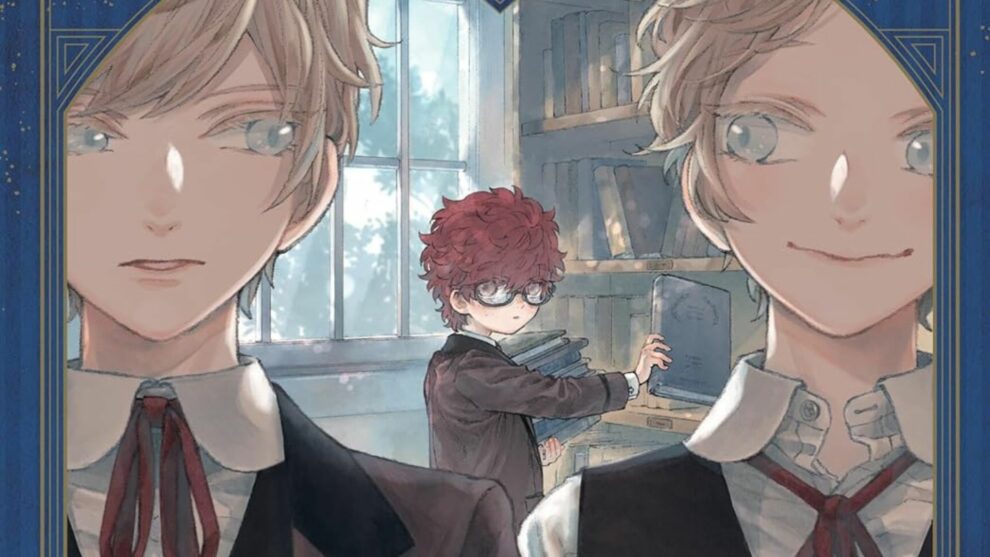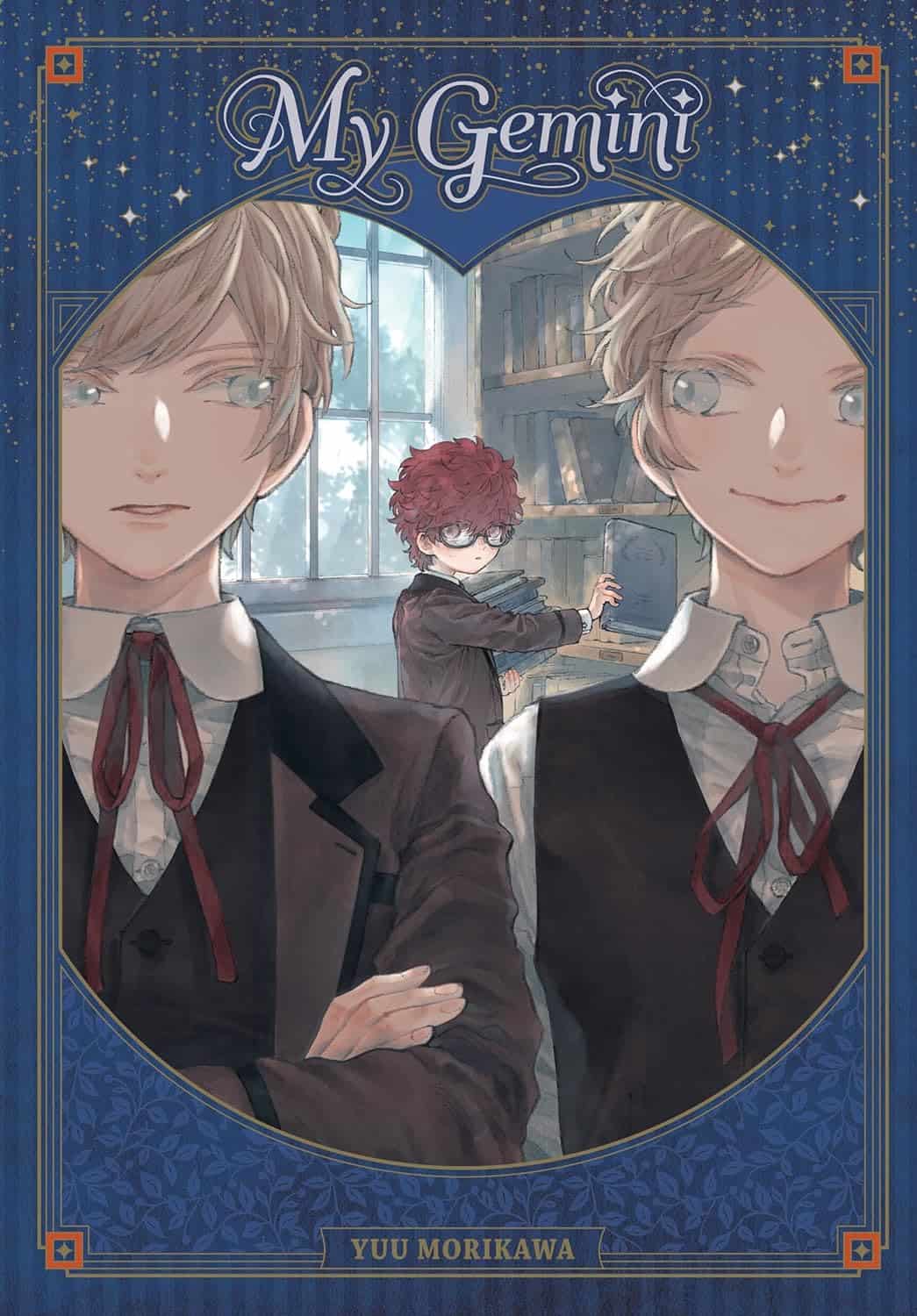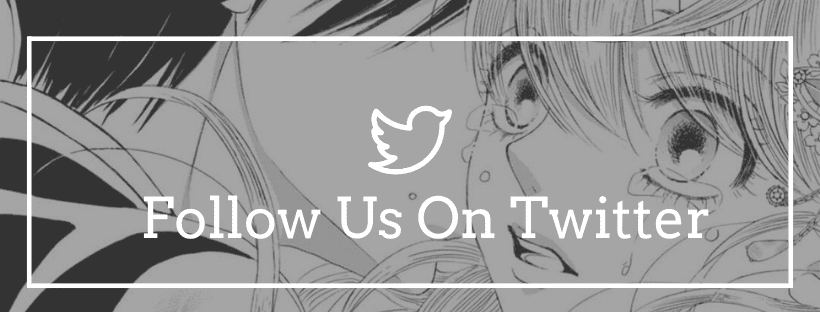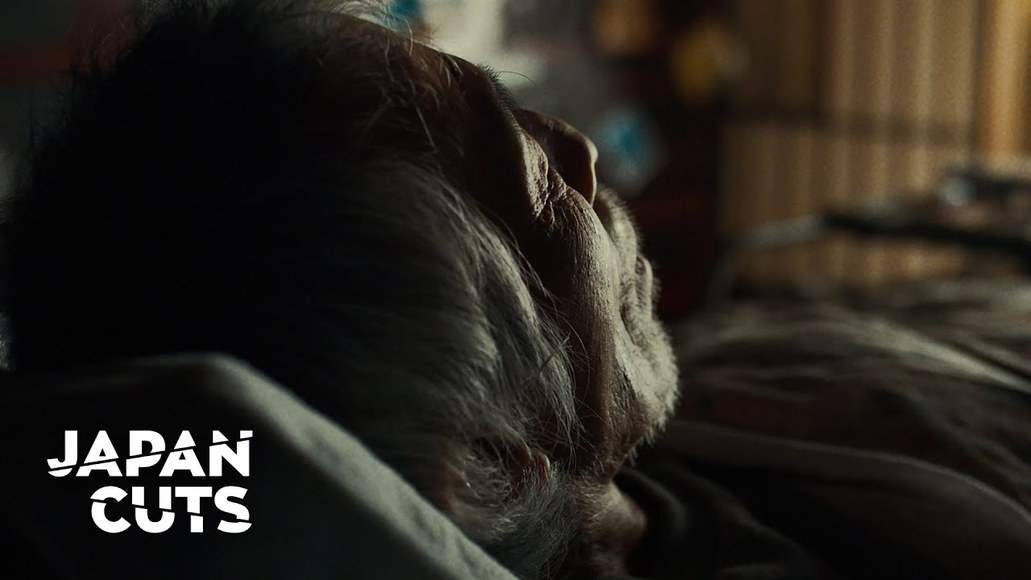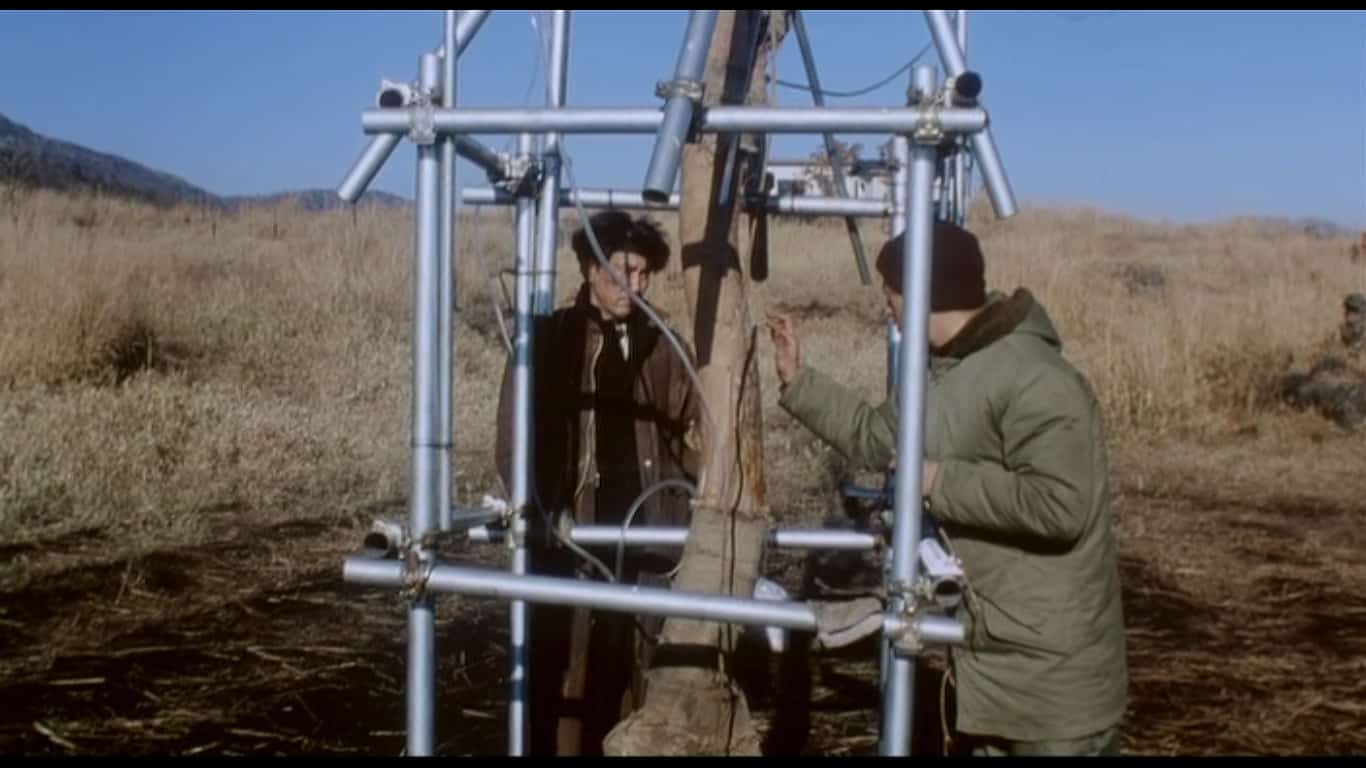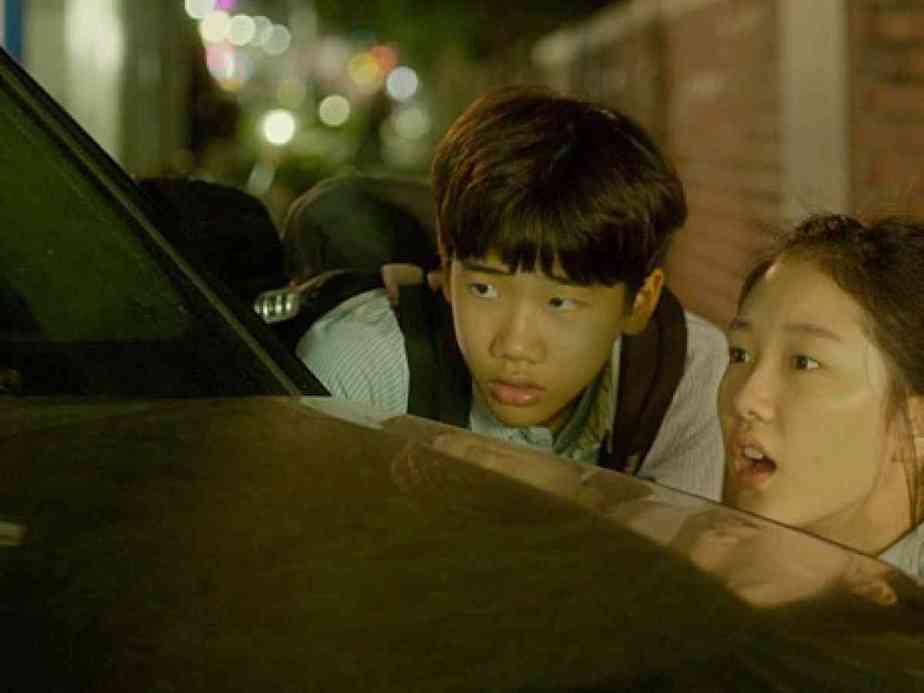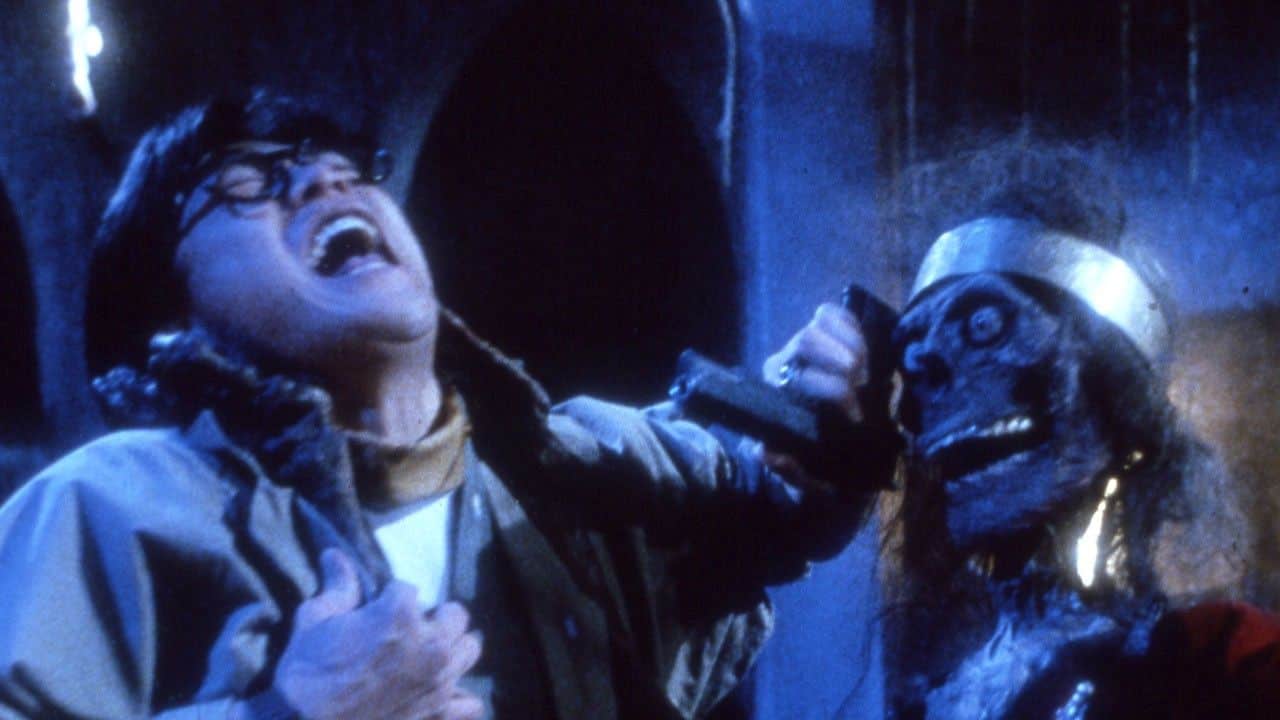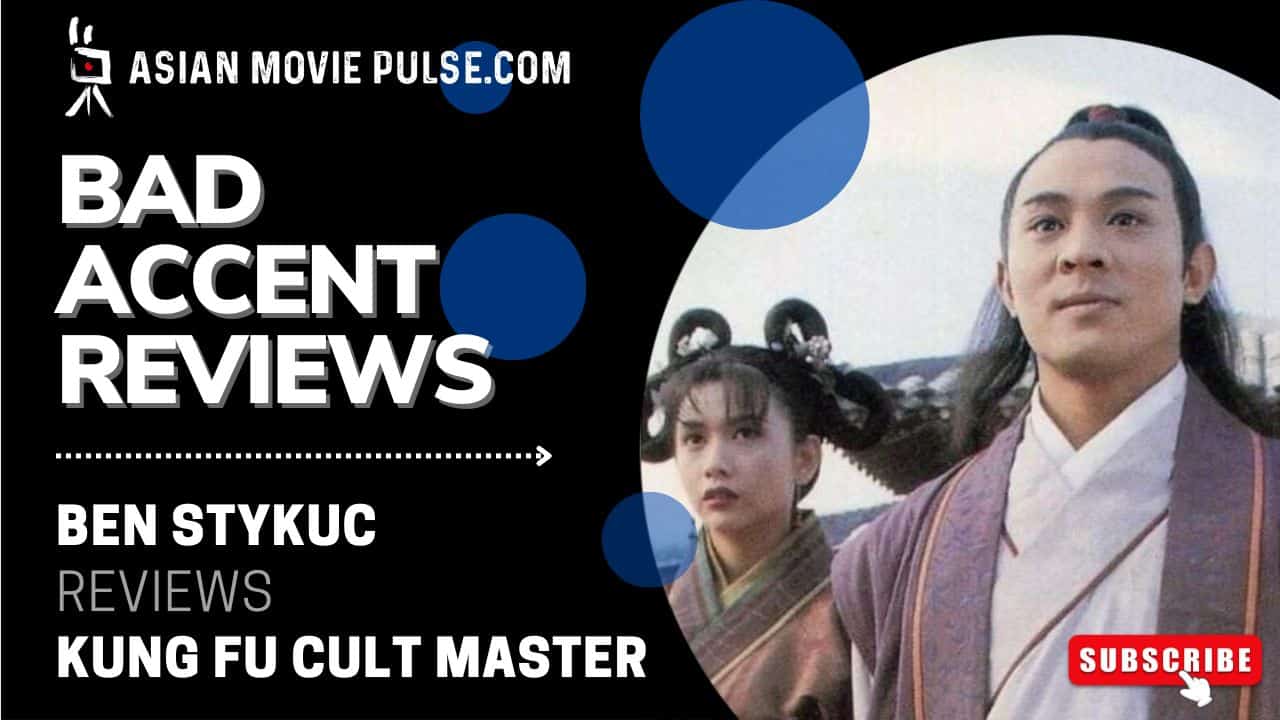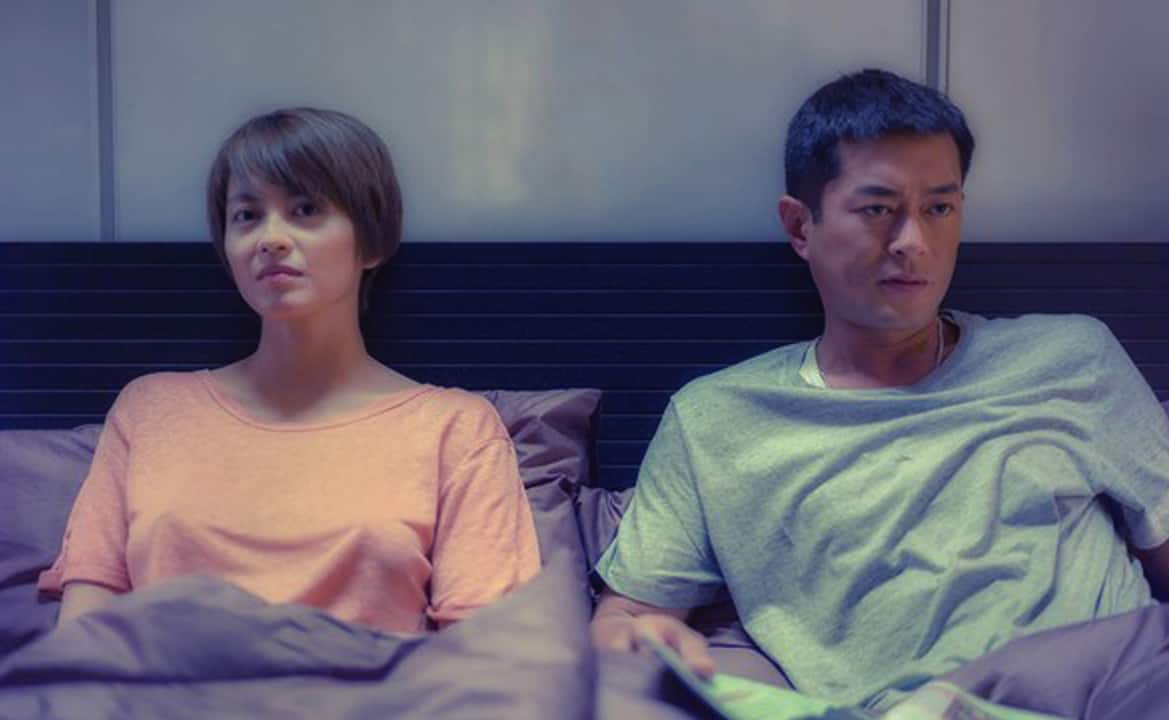“Plain, redheaded, and freckled John has nothing going for him, except there's one thing he's proud of—he's best friends with the two popular and mischievous twins Jekyll and Hyde. Jekyll (the calm and collected older brother) and Hyde (the cheerful younger brother) love switching places, and John is the only one who can tell them apart. But when the pair is fragmented by an untimely death, one twin is left alone without his “other self” by his side. The only question is—is he Jekyll, or is he Hyde?” (Yen Press)
Buy This Title
on Amazon by clicking on the image below
Inspired by Robert Louis Stevenson's “The Strange Case of Dr Jekyll and Mr Hyde,” Yuu Morikawa's “My Gemini” loosely borrows some of the novella's themes. Notably, Morikawa deals with the duality of human nature and the existence of opposing ‘personalities' within a single individual. This gives the work a solid foundation and an interesting premise to build upon, yet Morikawa's approach is not without faults.
“My Gemini” succeeds in expressing an outpour of youthful emotions built up between twins who have become entwined into a singular identity. The destruction of this connection leads to the impression that the characters are always on the verge of breaking down. The work's defining strength is a visceral pull into the story through constantly being on the precipice of ruin.
Including a third person, John, who narrates a large portion of the book, gives a diverse perspective while highlighting the twins' draw over others. The brother's friendship with the meek child and the strong emotional connection between the twins are sincere and convey the complexity of youthful confusion. Additionally, and most importantly, the book never panders to or simplifies the characters' struggles by writing them off as childish follies. It is an immersive experience exploring the struggles of the three.
These elements are perfectly captured in Yuu Morikawa's artistic direction. John's breakdown near the end of the book (as below) is just one example of creating these strong emotional stings that capture the struggles between the three friends. Jekyll and Hyde are also presented as fragile and angelic, making them the main focal point and solidifying the other characters' admiration toward the twins. The release is utterly gorgeous, and Yen Press's choice to release the title in a larger format reflects an understanding of how important the visuals are to the manga's success.
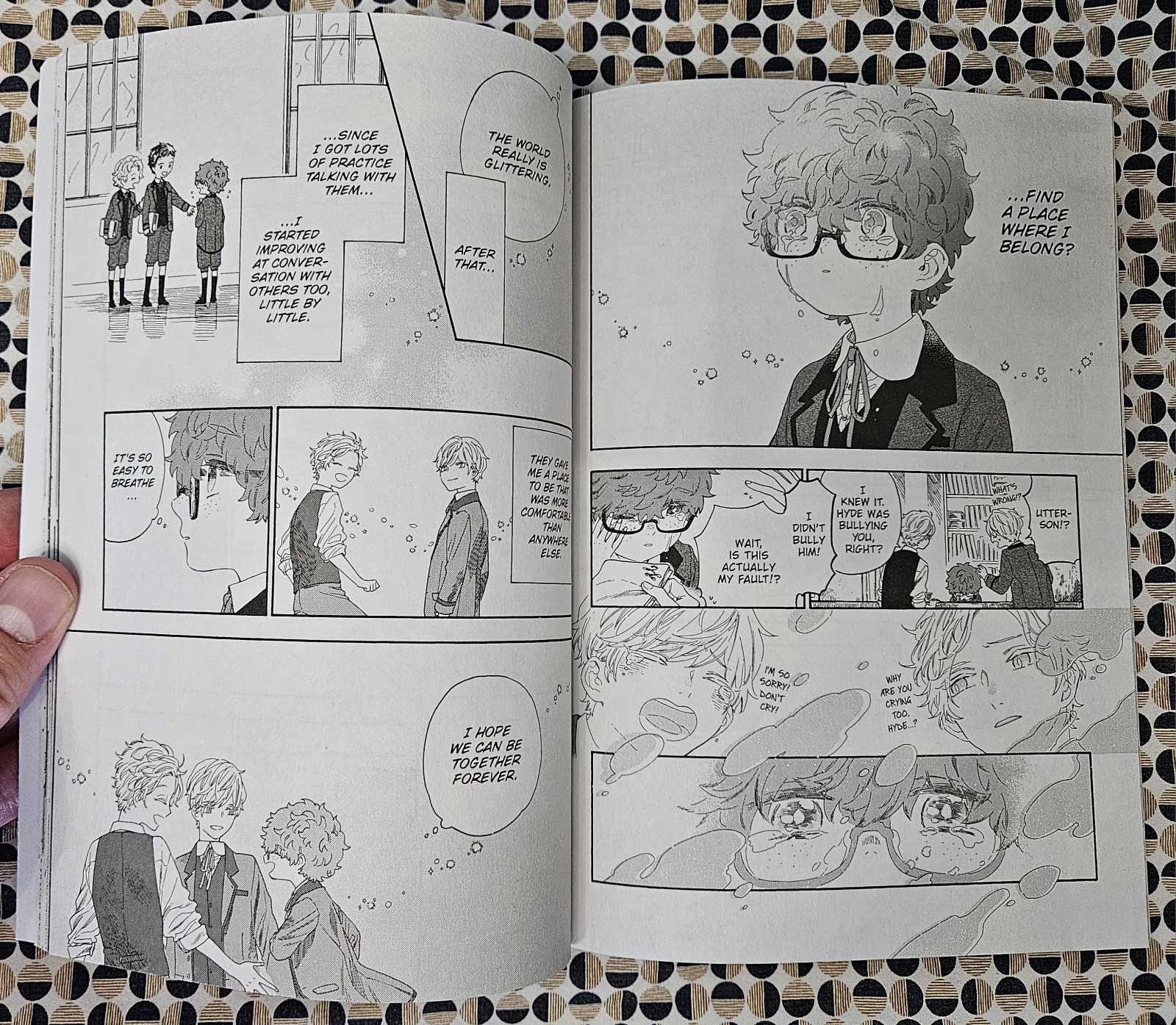
Despite ample praiseworthy creative choices throughout, “My Gemini” falters under an unrefined narrative. Much like adolescents struggle with identity and mental health, the source of conflict lacks coherency. Combined with the tendency to rush the story (especially toward the conclusion), emotional outbursts are less impactful than intended. Ultimately, the biggest downfall is that the reader will feel the characters' sorrow on a visceral level but not fully comprehend why the events are as devastating as they are depicted; once the reader puts down the manga, there won't be that lingering connection. “My Gemini” would have greatly benefitted from being a two or three-volume release to work out the themes and story Yuu Morikawa attempts to weave together.
“My Gemini” will attract readers with its lush, expressive visual style and Yuu Morikawa's ability to create these sincere moments of reflection on loss and adolescent friendship. However, a lack of cohesiveness and deeper profundity ensures the work won't resonate beyond that initial visceral reaction. Still, the single-volume release and the strength of the art should warrant readers who crave emotionally poignant work to check out “My Gemini.”


